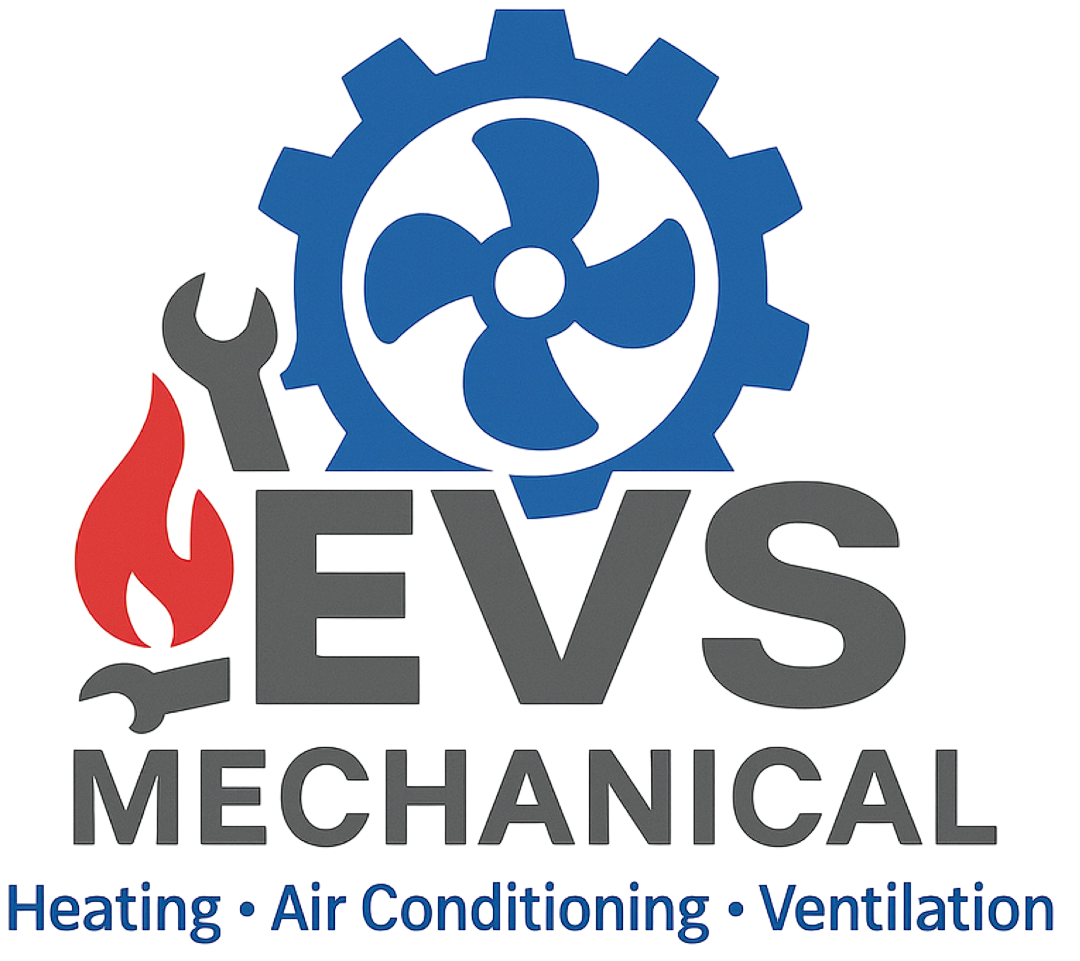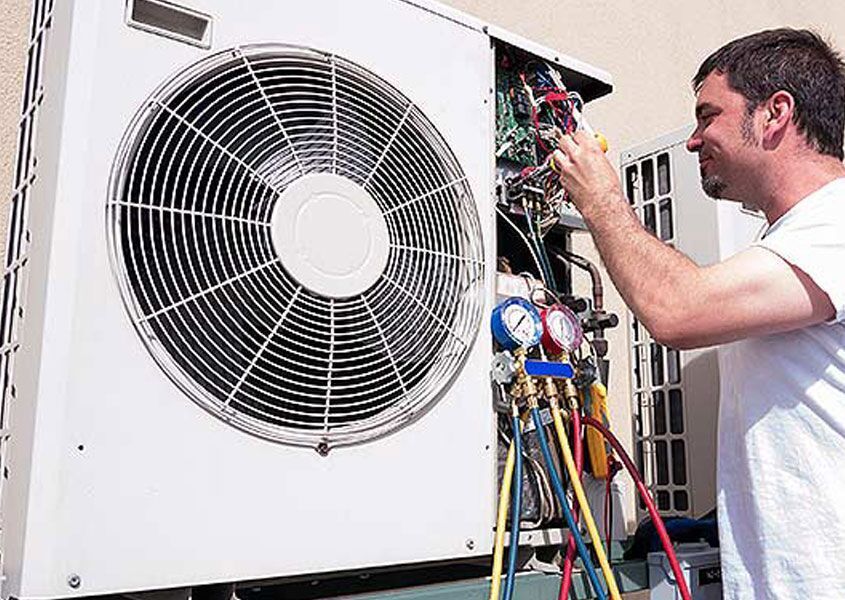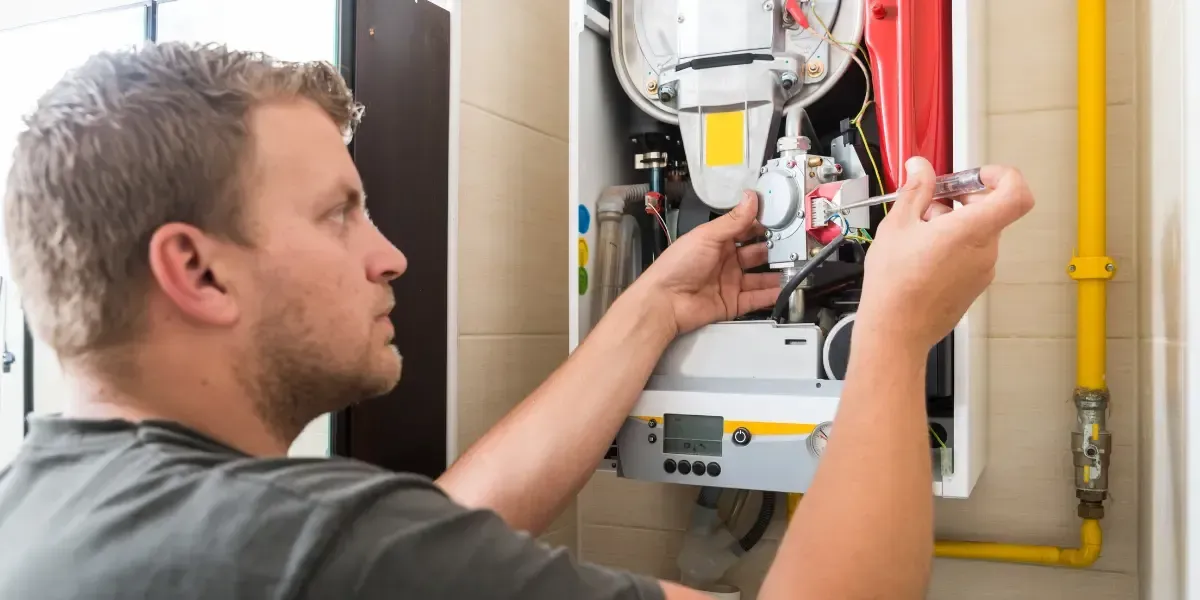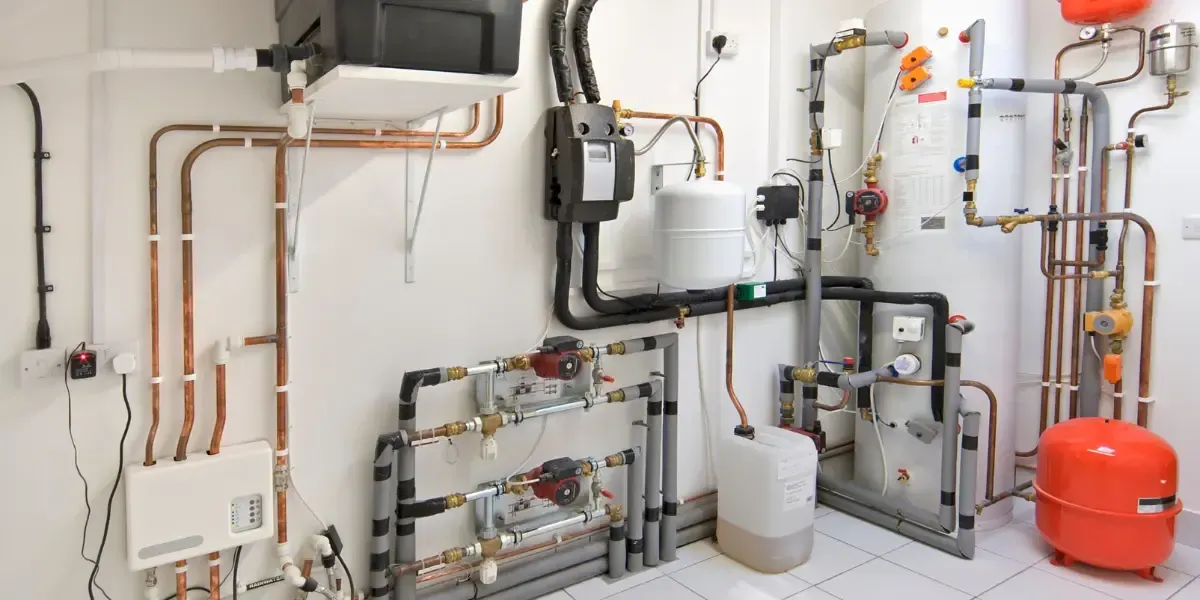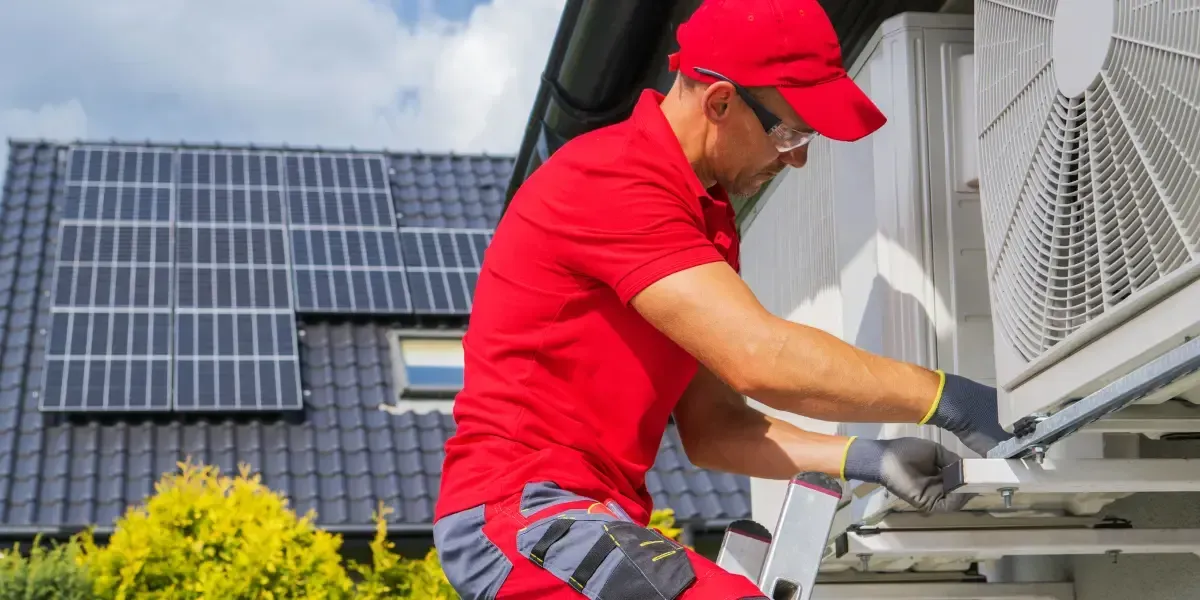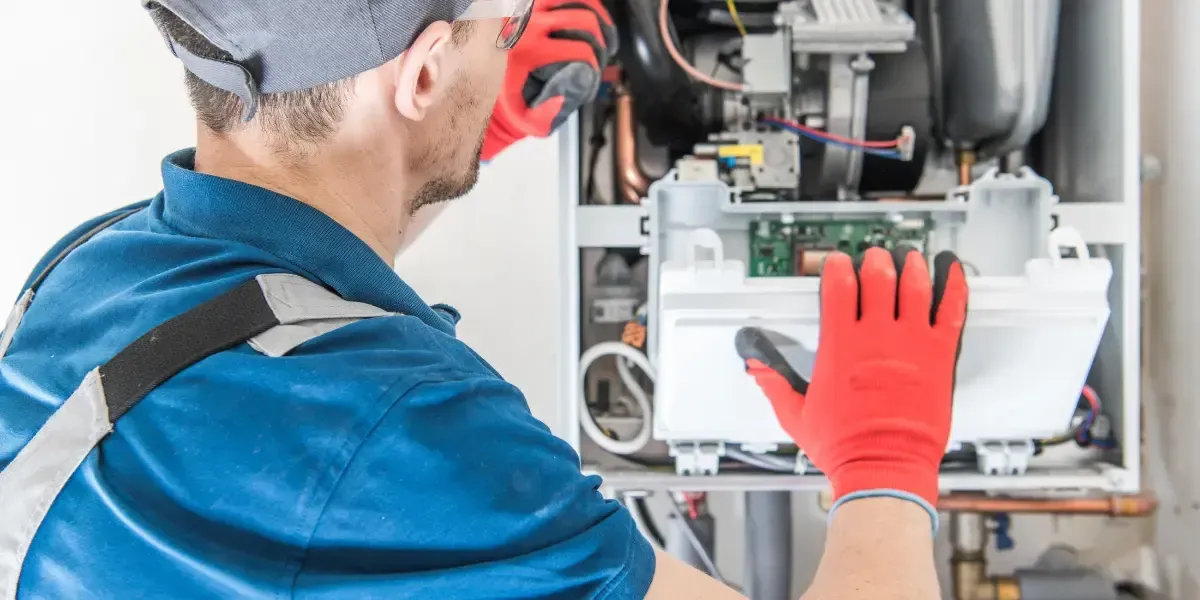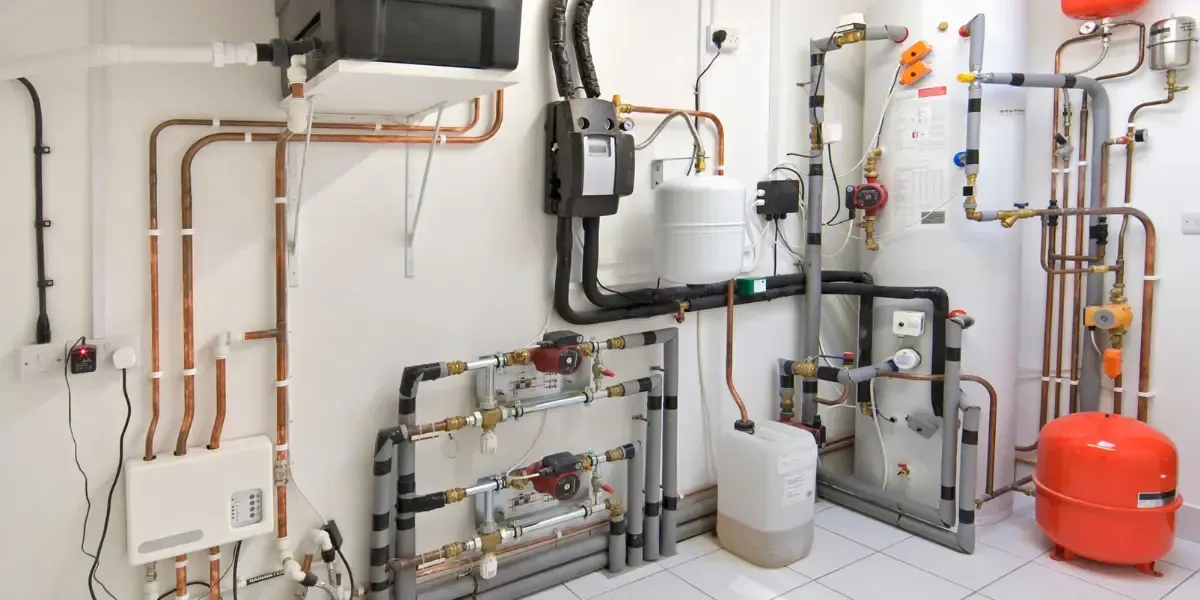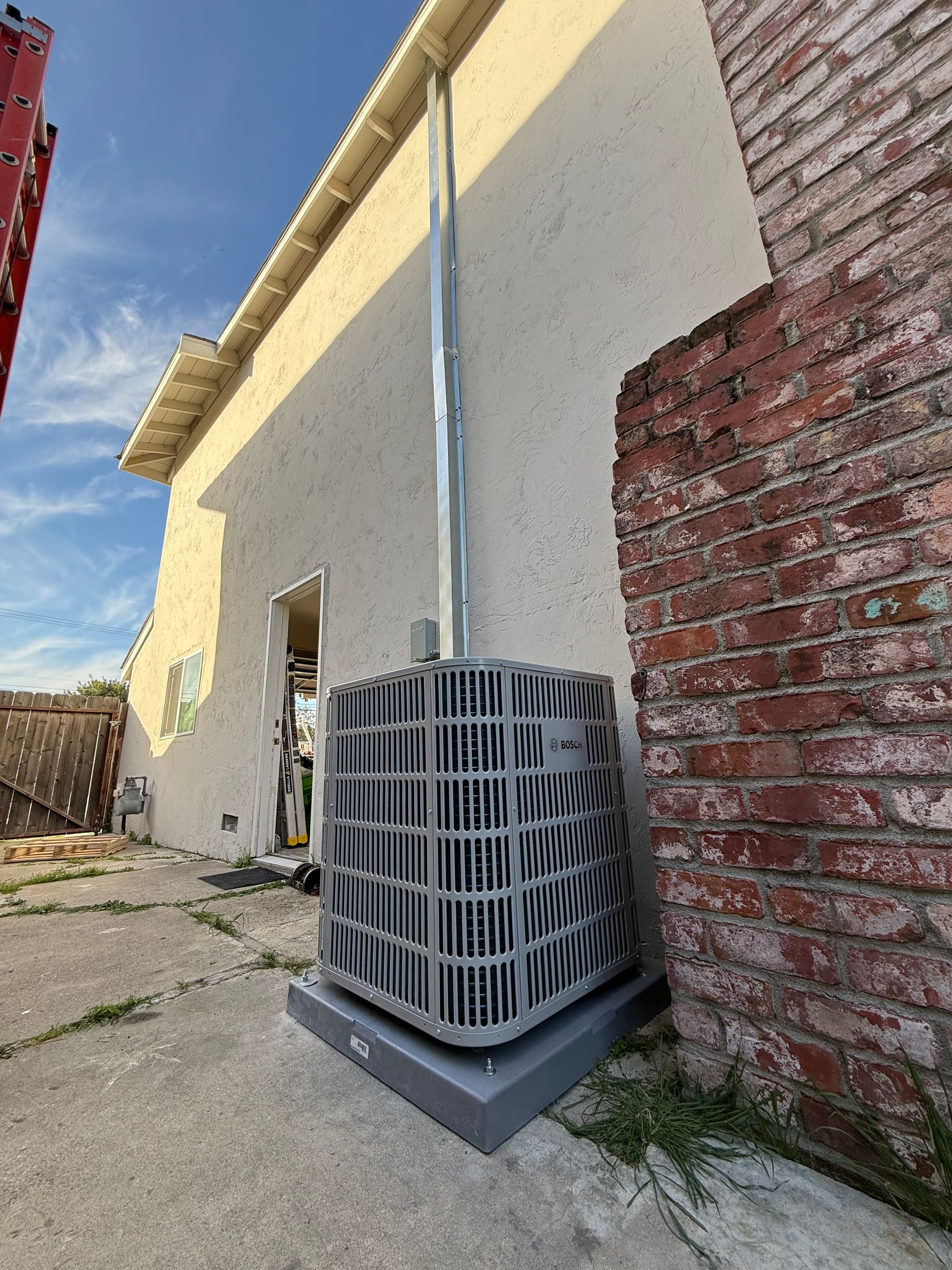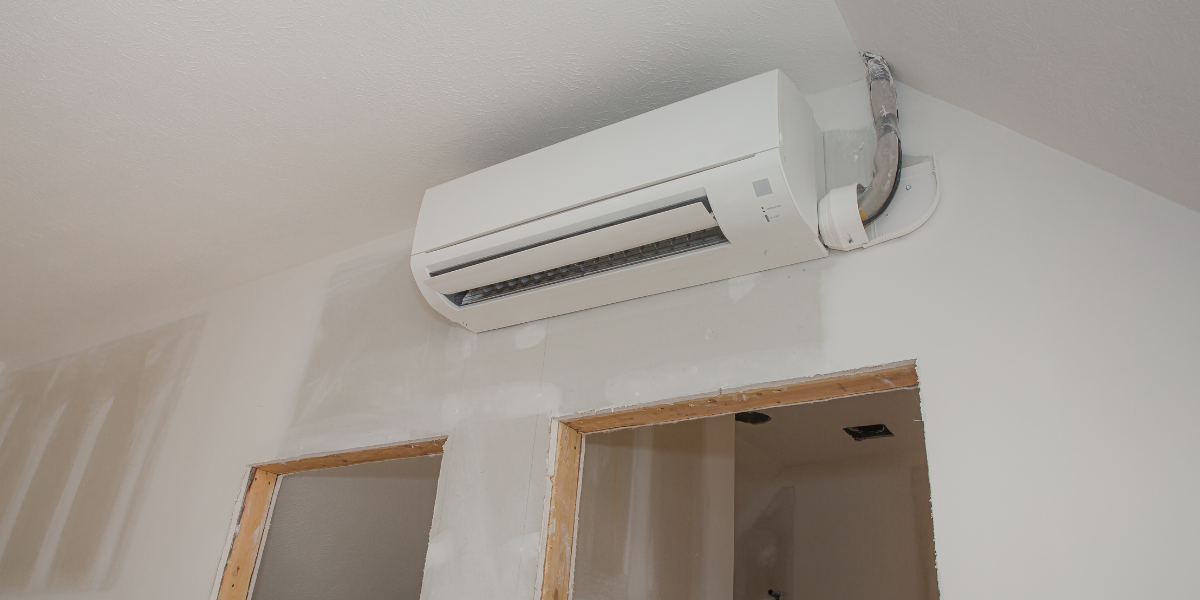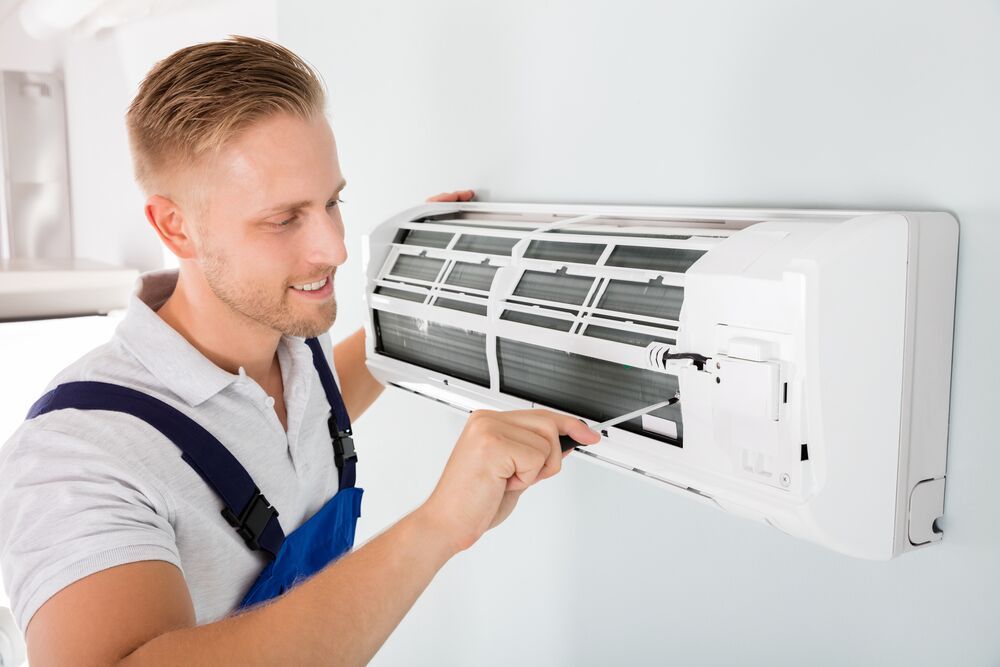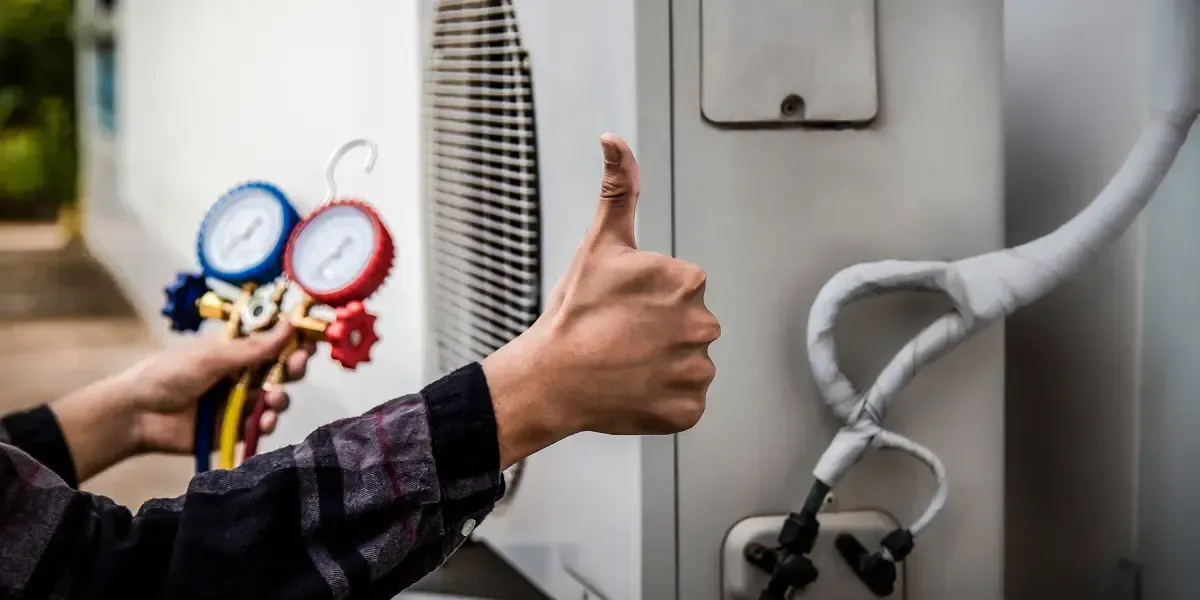BLOG
How Much Should I Pay for an HVAC System?
Investing in a new HVAC system is a big decision for any homeowner or business. The question that’s likely on your mind is: How much should I pay for an HVAC system? With so many options, brands, system sizes, and installation variables, it can be difficult to know what’s fair or appropriate.
In this comprehensive guide, we’ll explore the average HVAC system costs, what influences the price, how to budget for it, and how EVS Mechanical Inc. can help you get the best value for your investment.
Key Takeaways
- Expect to pay between $7,500 and $12,500 for a new residential HVAC system, depending on your home's needs and system type.
- Higher-efficiency systems cost more upfront, but provide long-term energy savings and comfort.
- Always account for additional expenses, like ductwork, permits, and thermostat upgrades.
- Work with experienced professionals like EVS Mechanical Inc. to ensure correct sizing and professional installation.
- Routine maintenance is key to maximizing your system’s lifespan and minimizing future repair costs.
Average Cost of an HVAC System
The cost of an HVAC system typically ranges from $5,000 to $20,000. For most homeowners, the national average falls between $7,500 and $12,500, depending on system type, home size, efficiency level, and complexity of installation.
HVAC System Price Breakdown:
- Central Air Conditioner System: $3,000–$7,000
- Furnace: $2,000–$5,500
- Heat Pump System: $4,000–$10,000
- Ductless Mini-Splits: $2,000–$8,000 per zone
- Full HVAC Replacement (AC + Furnace): $7,500–$15,000
- Installation Labor: 25%–50% of total cost
Factors That Influence the Cost of an HVAC System
1. System Type
The biggest pricing variable is the type of system you need:
- Split Systems are more traditional and require both indoor and outdoor units.
- Heat Pumps can provide both heating and cooling.
- Mini-Splits are perfect for zoned heating/cooling or homes without ductwork.
2. Efficiency Ratings (SEER, AFUE)
Higher-efficiency units may cost more upfront but result in long-term savings through lower energy bills. Systems with SEER ratings above 16 and AFUE ratings over 90% are considered high efficiency.
3. Home Size and Layout
Larger homes require higher-capacity HVAC units, which increases equipment and installation costs. Homes with multiple levels, attics, or basements may also need additional zoning or ductwork.
4. Ductwork Condition
If your existing ductwork is old, leaking, or poorly designed, it might need to be repaired or replaced—this can add $2,000–$5,000 to the final bill.
5. Installation Complexity
Difficult installations, such as limited access to attics or crawl spaces, require more time and labor, increasing costs.
6. Location & Labor Rates
Labor costs vary by region. HVAC contractors in urban or high-cost-of-living areas may charge more for installation and maintenance services.
Hidden Costs to Consider
- Permits & Inspections
Depending on local regulations, HVAC installation may require permits and inspections, costing an additional $250–$1,000.
- Thermostat Upgrades
If you're switching to a smart or programmable thermostat, expect to pay $100–$500 extra.
- Electrical Work
Some systems require dedicated circuits or upgrades to your electrical panel.
- Ongoing Maintenance
Regular tune-ups, filter changes, and inspections are essential and typically cost $150–$300 per year.
How to Budget for an HVAC System
- Assess Your Needs – Think about the size of your space, comfort preferences, and long-term energy savings.
- Get Multiple Quotes – Always compare at least 2–3 licensed HVAC contractors.
- Look for Rebates – Many utility companies and manufacturers offer rebates for energy-efficient systems.
- Consider Financing Options – Many HVAC companies offer 0% financing or payment plans to ease the burden of upfront costs.
How EVS Mechanical Inc. Can Help You
When you're considering a significant investment like an HVAC system, EVS Mechanical Inc. is your go-to partner in the Bay Area. Known for their transparent pricing, expert workmanship, and long-standing reputation in the HVAC industry, EVS Mechanical simplifies the process and ensures you receive top value.
Whether you're looking to install a new energy-efficient system, upgrade your current setup, or simply understand your options, their team is equipped to handle every aspect from assessment to post-installation support.
Why You Should Choose EVS Mechanical Inc.
1. Certified and Experienced Technicians
EVS Mechanical Inc. employs licensed, insured, and highly trained technicians who understand both the technical and comfort aspects of HVAC systems.
2. Full-Service HVAC Company
From central air systems to mini-splits, heat pumps, ductwork, and air quality solutions, they do it all. One team, one solution.
3. Customer-First Approach
They pride themselves on clear communication, timely service, and respectful treatment of your home or business.
4. Upfront, Honest Pricing
No hidden fees. You’ll get detailed quotes so you know exactly what you're paying for.
5. Emergency Services
HVAC emergencies don’t follow a 9–5 schedule. EVS Mechanical Inc. offers 24/7 emergency services, so you're never left in the heat or cold.
Conclusion
When you're asking "How much should I pay for an HVAC system?", the best answer is: it depends on your home, your preferences, your energy goals, and your chosen HVAC partner. That’s why working with a trusted company like EVS Mechanical Inc. can make all the difference.
They will assess your specific needs, provide fair pricing, and install a system that offers comfort, efficiency, and reliability for years to come. Whether you're building new, replacing old, or just exploring options, EVS Mechanical Inc. has the expertise and integrity to help you make the right decision.
FREquently Asked Questions
How often should I replace my HVAC system?
Most HVAC systems last 15–20 years, depending on use, maintenance, and system type. Heat pumps and mini-splits may need replacement closer to 12–15 years in high-use areas.
Are there tax incentives or rebates for new HVAC systems?
Yes! Many ENERGY STAR® certified systems qualify for federal tax credits, utility rebates, and state-specific incentives.
Is it cheaper to replace the furnace and AC at the same time?
In most cases, yes. Replacing both at once ensures system compatibility, saves on labor costs, and gives you maximum energy efficiency.
What size HVAC system do I need for my home?
That depends on the square footage, insulation, windows, ceiling height, and other factors. A professional HVAC contractor like EVS Mechanical can perform a Manual J load calculation to determine the right size.
Can I finance my new HVAC system through EVS Mechanical Inc.?
Yes. EVS Mechanical Inc. offers flexible financing options. Contact their team directly to explore payment plans that work for your budget.

